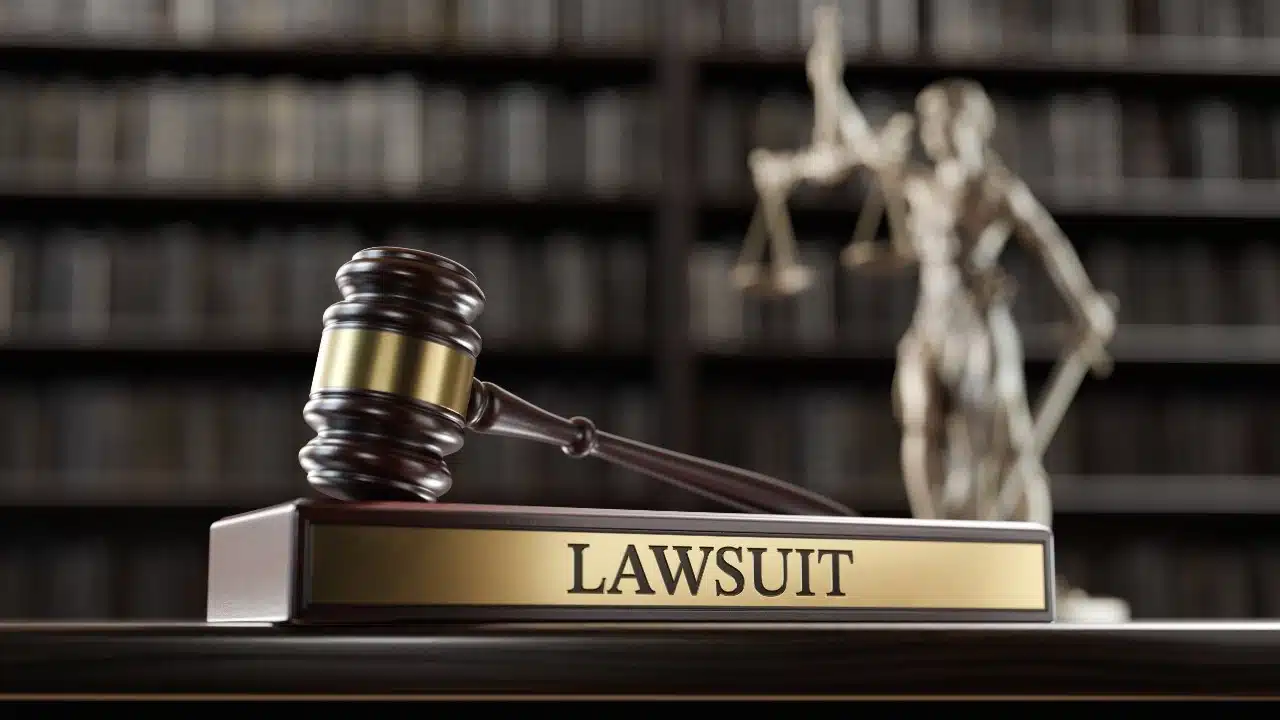Timberline Venture Partners, a well-known venture capital firm, took a risk in investing in Kazaa in the early 2000s. Kazaa was a prominent file-sharing program that revolutionized how consumers accessed digital material. Users can effortlessly share music, videos, and applications.
At first, this seemed like a promising opportunity for Timberline. However, things quickly worsened, resulting in Timberline’s lawsuit against Kazaa.
Kazaa’s rise to fame came with legal issues. The platform faced lawsuits due to copyright violations, and those legal troubles eventually dragged Timberline into a financial and legal mess. This article looks at what happened between Timberline and Kazaa and what lessons can be learned for investors in the tech world.
Kazaa and Its Rise in File-Sharing
Kazaa became one of the most recognized names in the peer-to-peer (P2P) file-sharing world. It enabled millions of individuals to exchange music, movies, and software directly with one another. This was similar to what Napster had done previously, but Kazaa did not rely on central servers. They made it unique and different. By the early 2000s, millions of people had downloaded Kazaa’s software and utilized it to exchange data worldwide. [Miller, C. (2003). Legal risks in venture capital investments in technology. Journal of Business Law, 38(2)].
Kazaa’s popularity increased significantly, especially after Napster got into legal difficulties. The platform’s design was easy to use, making it easy to download music and other things. However, as more people used it, media organizations like song labels and movie studios became more frustrated. They alleged that Kazaa encouraged the unlawful distribution of copyrighted information, losing them money.
Kazaa soon became the target of lawsuits. The Recording Industry Association of America (RIAA) filed legal action against Kazaa, accusing it of facilitating widespread illegal file sharing. The litigation piled up, leaving Kazaa’s future uncertain.
Timberline’s Investment in Kazaa
At the height of Kazaa’s success, Timberline Venture Partners decided to invest in the platform. Timberline, known for backing early-stage tech companies, saw Kazaa as a major player in the growing digital media space. They believed Kazaa’s technology had the potential to change how media was shared online. This seemed like a groundbreaking opportunity.
Timberline specializes in investing in companies with innovative technology, and Kazaa fits that profile perfectly. Despite the legal risks surrounding file-sharing platforms, Timberline was optimistic about Kazaa’s future.
However, as Kazaa’s legal issues grew, the platform struggled to keep up. The mounting lawsuits hurt Kazaa’s ability to generate revenue, which affected Timberline’s investment. What started as a promising business opportunity soon became a serious financial risk.
The Lawsuit: Timberline vs. Kazaa
As the situation worsened, Timberline decided to take legal action against Kazaa. Timberline claimed that Kazaa had not been upfront about its legal challenges. Timberline claims that Kazaa’s management failed to fully disclose the legal dangers associated with the platform, including its vulnerability to copyright disputes. This lack of transparency significantly impacted Timberline’s investment.
In the lawsuit, Timberline argued that Kazaa’s legal issues led to significant financial losses. They claimed that Kazaa’s management had failed to provide accurate information about the risks involved, leading to a loss in profits and a decline in the company’s value. Timberline also sought compensation for damaging its reputation due to the investment.
The venture capital firm also accused Kazaa of breaching its investment agreement. They pointed to problems with Kazaa’s financial reporting and risk management, which they believed contributed to the legal dispute.
Read also: Gregory Bullock Lawsuit Settlement: A Significant Win in Asbestos Exposure Cases
The outcome of the Case
Timberline and Kazaa’s legal dispute was eventually settled outside of court. Even though the facts of the settlement were kept under wraps, it is widely assumed that Timberline was compensated in some form. However, when the legal dispute was resolved, Kazaa started disintegrating.
The legal pressure had taken its toll on Kazaa’s user base; therefore, the company’s assets were sold to Sharman Networks. Despite these adjustments, Kazaa never regained its former popularity. The platform’s legal troubles made it impossible to continue operating efficiently and it eventually vanished from the digital landscape.
Timberline suffered long-term financial losses as a result of its investment in Kazaa. The case harmed their portfolio and their reputation in the venture capital world.
Lessons Learned from Timberline vs. Kazaa
Timberline’s lawsuit against Kazaa has some important implications for tech investors. Before investing, one of the most important things to do is conduct a thorough legal examination. Investors must thoroughly acknowledge the legal risks associated with new technologies, particularly for companies subject to legal action. (National Research Council. (2000). The digital dilemma: Intellectual property in the information age. National Academy Press).
Another key takeaway from the case is the need for transparency. Startups must be transparent about any legal issues they may encounter. If the challenges are not adequately communicated, they can lead to significant problems, as Timberline realized with Kazaa.
Following the Timberline-Kazaa lawsuit, venture capitalists became cautious about investing in file-sharing networks and similar enterprises. The case also pushed several organizations to improve their risk assessment processes, ensuring they fully understood their legal obligations before investing.
Conclusion
The Timberline Venture Partners lawsuit against Kazaa is a cautionary tale for investors. It highlights the risks involved in backing companies operating in legally uncertain spaces. Kazaa’s rise and fall demonstrate the potential rewards and dangers of investing in emerging technologies.
Timberline saw the case as a lesson in legal risk management and openness. The lessons from this case continue to influence how investors approach high-risk businesses, reminding them of the importance of balancing excitement for emerging technologies with carefully considering the legal issues they may face.

